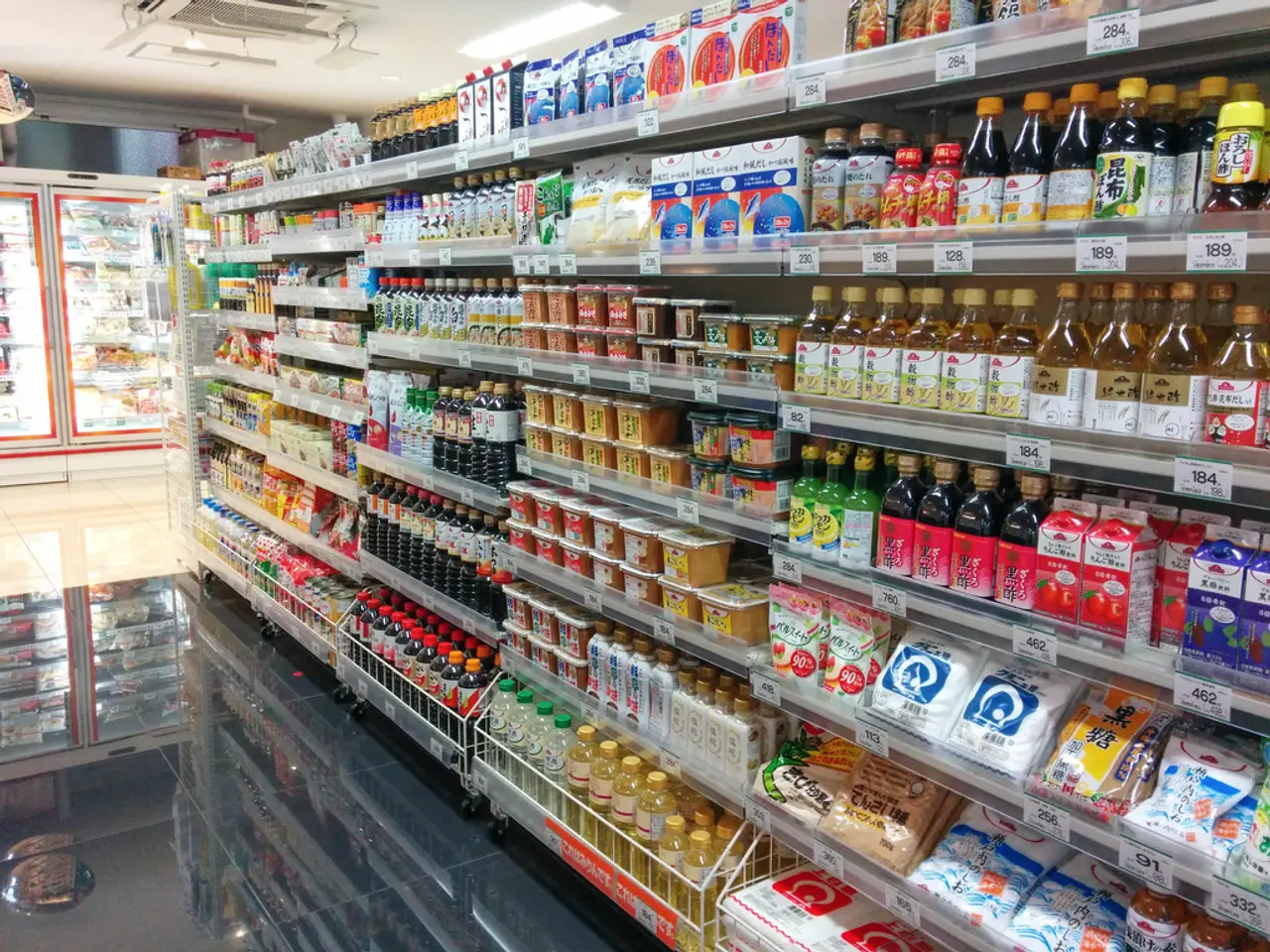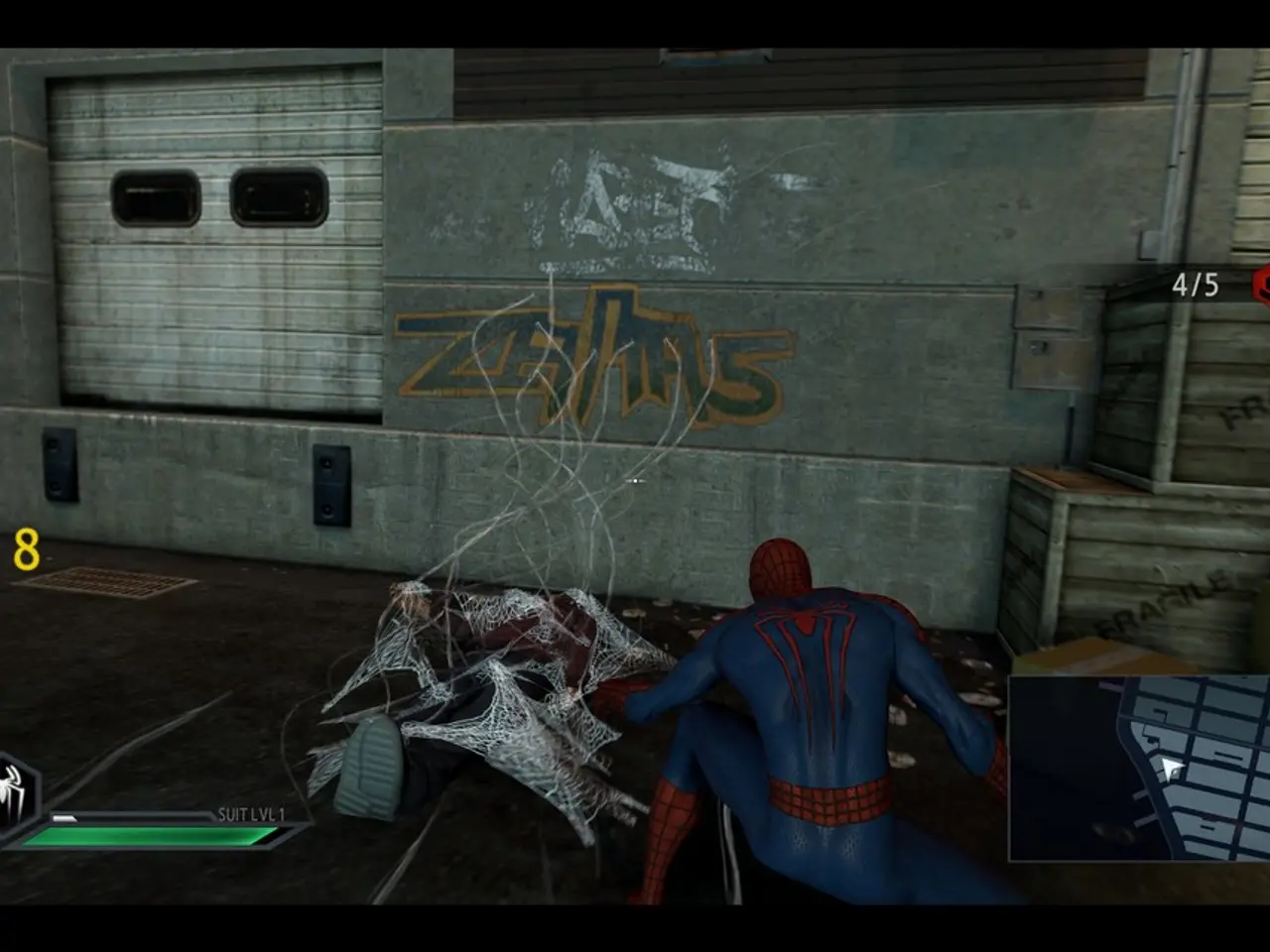Enhance collaboration against terrorism: Erdogan urges Turkey and Iran
In a significant development, Turkish President Recep Tayyip Erdoğan and Iranian President Ebrahim Raisi recently held talks on the sidelines of a summit of the Economic Cooperation Organization (ECO) in Khankendi, Azerbaijan.
During the discussions, Erdoğan expressed Turkey's expectation for a potential peace deal between Baku and Yerevan to meet Azerbaijan's legitimate demands, highlighting Ankara's readiness to serve as a mediator if required. However, no new information was provided about the status of the peace talks between Azerbaijan and Armenia or the potential peace deal.
On the Iran-Israel front, Erdoğan expressed pleasure with the June 24 ceasefire and emphasized the need for permanent peace in the region. He also underscored the importance of turning the current de facto ceasefire into lasting stability.
The leaders also discussed cooperation in the fight against terrorism, bilateral ties, and regional issues. Erdoğan called for reinforcement and improvement of Turkey and Iran's cooperation in combating terrorism, reflecting a desire to strengthen bilateral security ties amid regional challenges.
However, despite these calls for closer cooperation, the relationship remains complex and somewhat strained. There is an ongoing proxy conflict and mutual suspicion in the region. Turkey has accused Iran of supporting Kurdish militias that it views as terrorist threats, notably the PKK and its affiliates, while Iran criticizes Turkey's actions in Syria and Iraq, accusing Ankara of tolerating or supporting opposition forces hostile to Tehran.
Discussions between Turkey and Iran have evolved with a mix of pragmatic cooperation on terrorism and persistent disagreements on regional influence. Turkey seeks to avoid destabilization that could impact its security and interests, particularly in Syria, Iraq, and the Kurdish regions, while also opposing Iran's pursuit of nuclear capabilities. Ankara advocates for a nuclear-free Middle East, considering both Israeli aggression and Iran's nuclear ambitions as destabilizing factors requiring regional dialogue and international mechanisms to manage.
The meeting between Erdoğan and Raisi also focused on expanding bilateral cooperation, particularly in trade and energy. Both leaders reaffirmed their determination to strengthen and advance relations between their countries, focusing on key areas such as trade, defense, energy, connectivity, and investment.
In summary, the talks between the Turkish and Iranian leaders highlighted the need for enhanced cooperation in crucial sectors such as trade, defense, energy, connectivity, and investment. Despite ongoing tension over Kurdish armed groups and influence in Syria and Iraq, both countries are also concerned about broader regional stability, energy infrastructure, and nuclear proliferation, which feature prominently in their dialogue. This blend of cooperation and rivalry characterizes their evolving bilateral and regional relationship, reflecting complex security and geopolitical challenges in the Middle East.
- The discussion between Erdoğan and Raisi, beyond terrorism and bilateral ties, also delved into war-and-conflicts, with the Turkish president advocating for a nuclear-free Middle East and emphasizing the need for a permanent peace in the region.
- Amidst the complex relationship between Turkey and Iran, politics remain a crucial factor, as both leaders seek to balance their cooperation in trade and energy with their disagreements on regional influence, notably their differing stances on nuclear proliferation and conflicting views on Kurdish armed groups.







